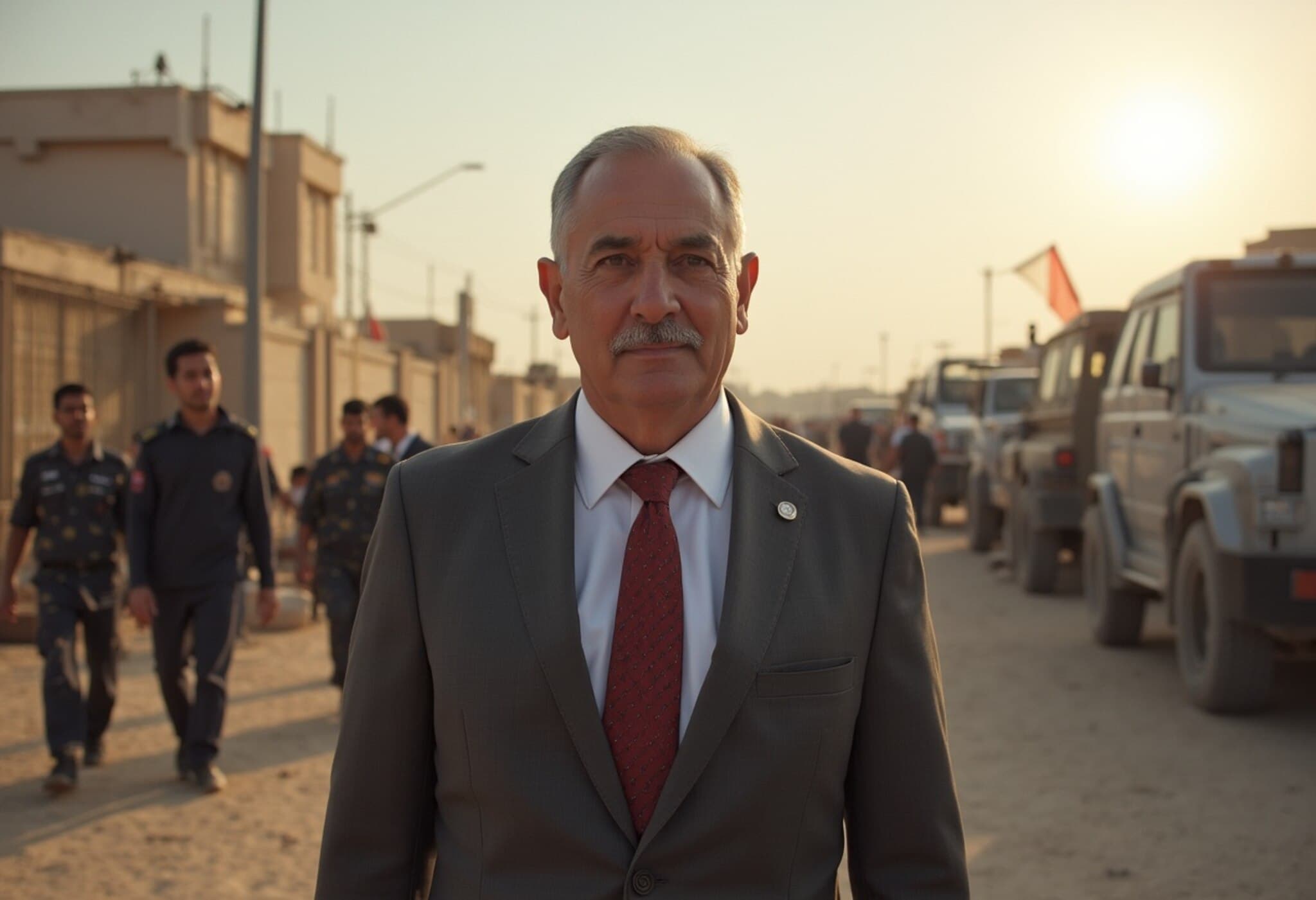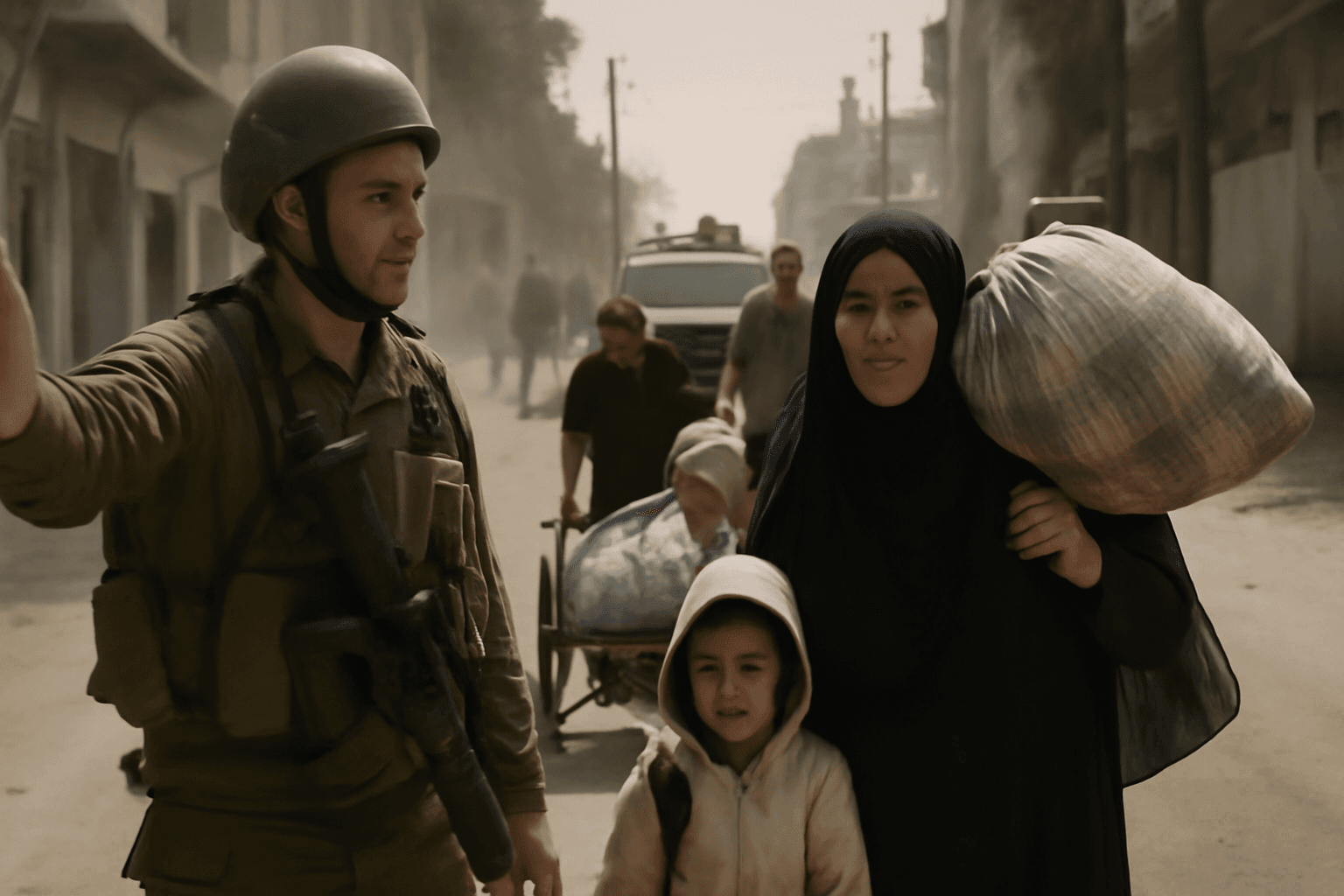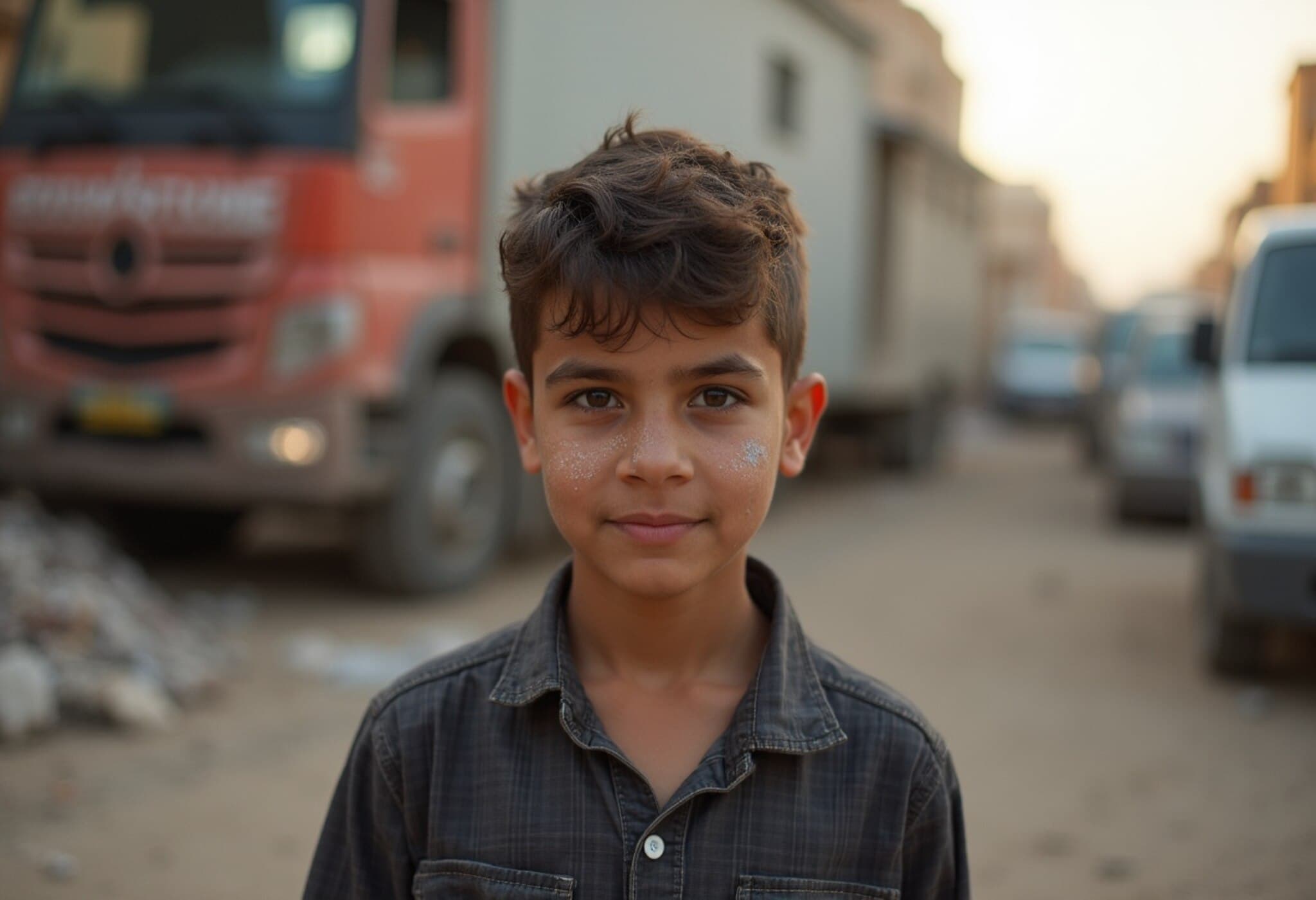Israel’s Defence Minister Proposes Massive Relocation of Gaza Residents
In a development that has sparked widespread concern and international debate, Israel’s Defence Minister Israel Katz announced plans to relocate the entire population of Gaza to a newly envisaged "humanitarian city" near Rafah. This proposal, revealed during a press briefing on July 7, 2025, aims to house approximately 600,000 displaced Palestinians initially from the Al-Mawasi area, with the goal of eventually accommodating Gaza’s entire population of 2.1 million people.
Details of the Proposed Relocation Camp
The plan involves constructing a large-scale camp built on the ruins of Rafah, a city located in the southern Gaza Strip. Katz described it as a humanitarian initiative, yet one that imposes strict security measures. According to the minister, every Palestinian entering the camp would be screened to ensure they are not affiliated with Hamas, the Islamist militant group governing Gaza.
Once inside this zone, Palestinians would face movement restrictions, with Katz affirming that residents would not be permitted to leave. This mandatory confinement raises profound humanitarian and legal questions amid an already volatile humanitarian crisis.
Political Context and International Reactions
This proposal follows recent discussions between Israel’s Prime Minister Benjamin Netanyahu and then-US President Donald Trump during a White House dinner, where they explored options to facilitate Palestinian emigration to third countries. Netanyahu emphasized cooperation with the US and multiple international partners to find nations willing to accept relocated Palestinians, a plan that some see as a radical shift in addressing the Gaza conflict and its civilian toll.
- Prime Minister Netanyahu tweeted about his diplomatic engagement with the US President to advance this plan.
- Defence Minister Katz indicated the possibility of initiating camp construction within a 60-day ceasefire window, currently under negotiation between Israel and Hamas.
Legal and Humanitarian Concerns
International law experts and humanitarian organizations have been quick to highlight the potential violations involved in such forced relocations. The United Nations has explicitly warned that deporting or forcibly transferring civilians in occupied territories contravenes international humanitarian law and could constitute a war crime. Forced displacement carries grave risks including loss of livelihoods, family separation, and deprivation of basic rights.
So far, Palestinian authorities and Hamas have withheld official comments on the plan, leaving the affected population caught between escalating conflict and uncertainty about their future.
Implications for the Gaza Humanitarian Crisis
This relocation initiative underscores the dire humanitarian crisis in Gaza, long characterized by blockades, recurrent conflict, and limited access to essential resources. Moving millions to a singular, restricted area could exacerbate already severe conditions — from access to healthcare and clean water to food security and shelter.
Experts caution that such plans may risk transforming humanitarian aid efforts into instruments of population control rather than relief.
Expert Commentary
Dr. Leila Hassan, an expert in Middle Eastern humanitarian law, notes: "While the term ‘humanitarian city’ suggests compassion, the reality on the ground could be starkly different. Forced relocation without the consent of those affected and adequate safeguards challenges fundamental human rights and international standards. The global community must scrutinize these moves closely and respond decisively to protect civilians in Gaza."
Looking Forward: Questions to Consider
- How will international bodies and governments respond to the legality and morality of this plan?
- What mechanisms exist to ensure the rights and dignity of displaced Palestinians are respected?
- Can the proposed emigration plan realistically provide a sustainable future for Gaza’s population?
Editor's Note
The unfolding plans to relocate Gaza’s entire population to a ‘humanitarian city’ illuminate the complex intersection of security concerns and humanitarian imperatives. As diplomacy unfolds amid conflict, it is critical to uphold international law and ensure the voices and well-being of civilians are central to any solution. This evolving story compels us to ask: To what extent can population relocation ever be ethical amid war? And how will the international community balance these urgent humanitarian dilemmas against geopolitical realities?
Stay tuned for continued coverage and analysis of this significant and sensitive issue.















